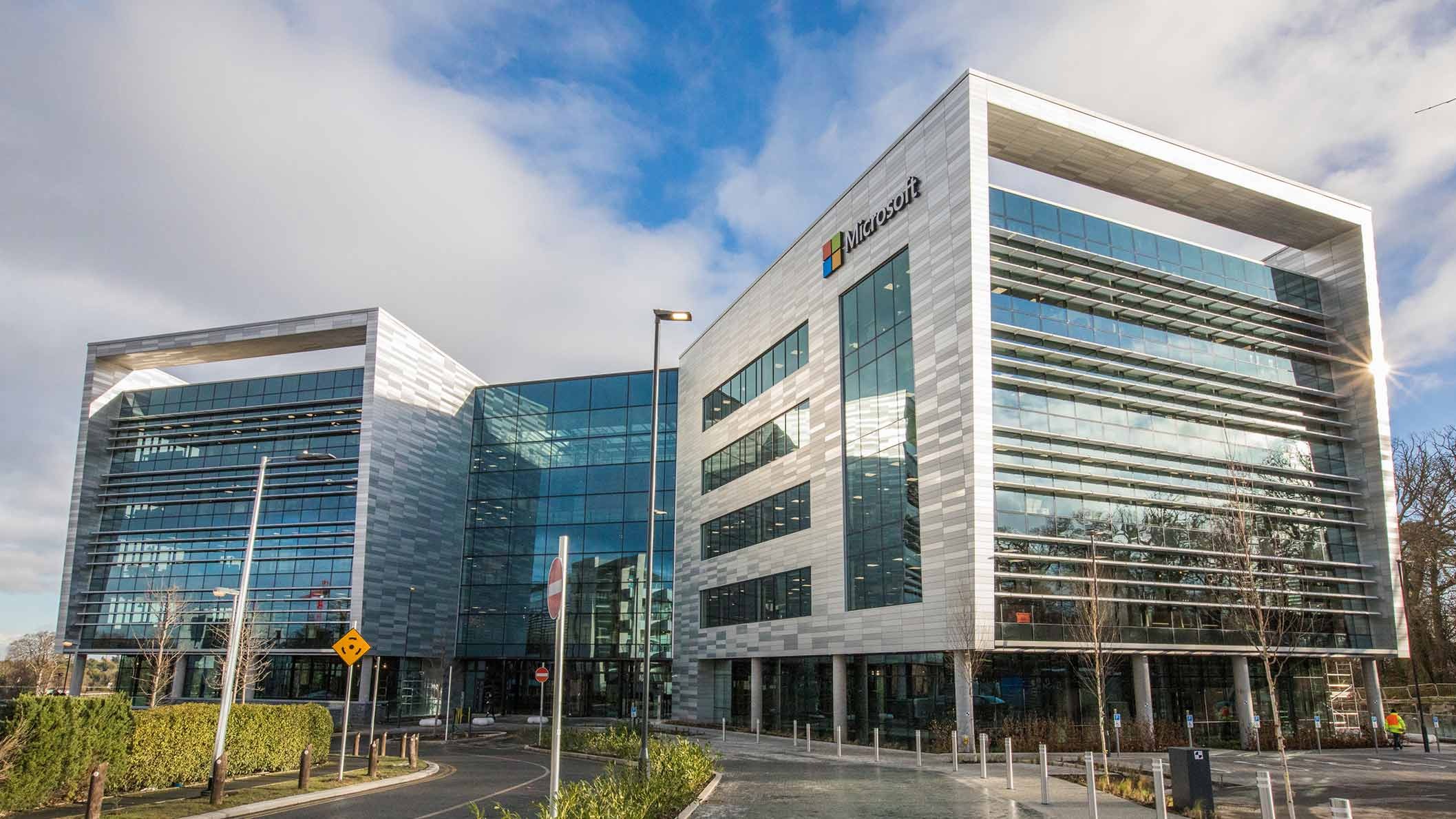The chief executive of Nvidia has said that the expansion of artificial intelligence will require regulations and social norms which are yet to be developed.
Speaking at an event in Stockholm for the upgraded launch of Sweden’s fastest supercomputer, Jensen Huang praised the burgeoning technology of which his company is at the centre but warned of potential downsides.
He said: “If you take a step back and think about all of the things in life that are either convenient, enabling or wonderful for society, it also has probably some potential harm.
"What is the social norm for using it? What the legal norms (are) for using it have to be developed. Everything is evolving right now. The fact that we're all talking about it puts us in a much better place to eventually end up at a good place."
While Nvidia’s AI technology is being deployed in supercomputers, it is also seeing real-world applications. The company recently released a beta version of Eye Contact within its Broadcast app. This is an AI-powered feature for video presentations where the subject's eyes are replaced with software-controlled simulated eyeballs which always maintain contact with the camera.
While these AI technologies can ostensibly seem harmless on the surface, politicians are increasingly looking to regulate the tech in order to combat misuse. Californian House Democrat Ted Lieu published an op ed in the New York Times earlier this week calling for systems like facial recognition used by law enforcement to be tightly regulated over fears they could misidentify innocent people from minority groups.
Lawmakers such as Ted Lieu, a Democratic from California in the U.S. House of Representatives, have called for the creation of a U.S. federal agency that would regulate AI. In an opinion piece in the New York Times on Monday, Lieu argued that systems such as facial recognition used by law enforcement agencies possibly can misidentify innocent people from minority groups.
Latest News
-
Universal Music Group partners with Nvidia to create antidote for 'AI slop’
-
East of England Co-op finalises test of digital shelf edge communication platform
-
Barclays makes strategic investment in Ubyx
-
XFusion hires Chinese investment bank in preparation for IPO
-
UK orders X to tackle Grok deepfake abuse as Ofcom steps in
-
Intel bets big on 18a with Panther Lake as rivals tout AI gains
The future-ready CFO: Driving strategic growth and innovation
This National Technology News webinar sponsored by Sage will explore how CFOs can leverage their unique blend of financial acumen, technological savvy, and strategic mindset to foster cross-functional collaboration and shape overall company direction. Attendees will gain insights into breaking down operational silos, aligning goals across departments like IT, operations, HR, and marketing, and utilising technology to enable real-time data sharing and visibility.
The corporate roadmap to payment excellence: Keeping pace with emerging trends to maximise growth opportunities
In today's rapidly evolving finance and accounting landscape, one of the biggest challenges organisations face is attracting and retaining top talent. As automation and AI revolutionise the profession, finance teams require new skillsets centred on analysis, collaboration, and strategic thinking to drive sustainable competitive advantage.
© 2019 Perspective Publishing Privacy & Cookies








Recent Stories